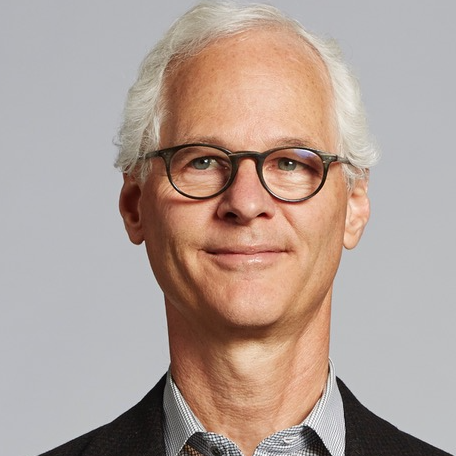“There are three primary ways to achieve legal safe access to psychedelic plants, drugs, and experiences. None of them are easy, quick, or inexpensive.”
Biography
Carey Turnbull is Chair of the advisory board of the NYU Center for Psychedelic Medicine, and has assisted in the founding of Yale University’s extensive psilocybin research program. He is a member of the Board and President of Heffter Research Institute and a past member of the Board of Usona Institute, both of which promote research on psychedelic plants and drugs at leading University research departments. Since 2010 Mr. Turnbull has worked in commercial early-stage drug development for half a dozen companies variously as an investor, founder, and CEO. He founded Ceruvia Lifesciences and B.More to transform psychedelic research into cutting edge medicine. Most recently he founded Freedom to Operate to protect psychedelic science and medical development for the public benefit. Mr. Turnbull provides time as an adjunct advisor to the legal defense of the Native American Church and other indigenous people’s rights to the practice of their religion, ceremonies, and beliefs free from cultural, religious and legal pressure.
Three ways to achieve legal safe access to psychedelic plants, drugs, and experiences.
“As a rising tide lifts all ships, the three paths should, in an ideal case, complement each other.”
Transcript Abstract
There are three primary ways to achieve legal safe access to psychedelic plants, drugs, and experiences. Those are right to religious freedom, ballot initiatives, and the FDA path to prescription medicine status. None of them are easy, quick, or inexpensive. The FDA regulatory path requires rescheduling, and one of the primary definitions of Schedule 1 is “no known medical benefit”. The long and expensive endeavor of proving a medical benefit typically begins with academic research and leads eventually to the much more time consuming and much more expensive path of commercial research to prove safety and efficacy to the satisfaction of the regulator. As a rising tide lifts all ships, the three paths should, in an ideal case, complement each other. A current topic of discussion has become the opportunity and the attendant complication created by regulatory awards of monopoly

